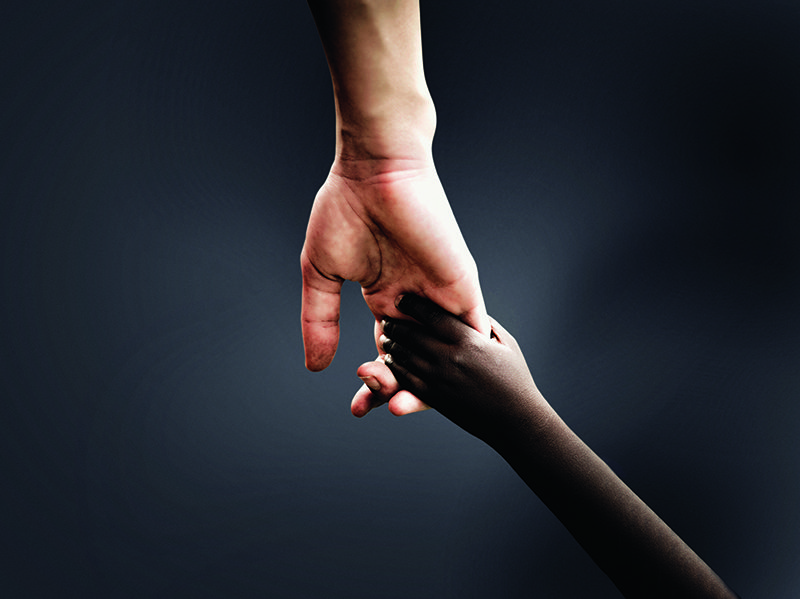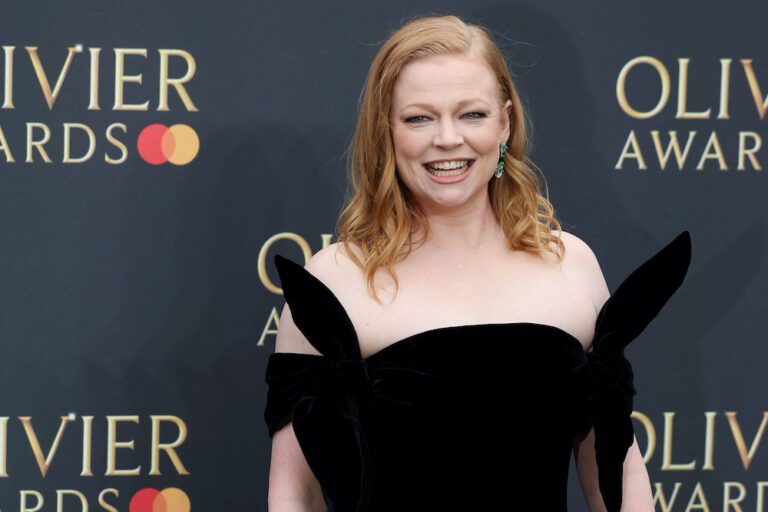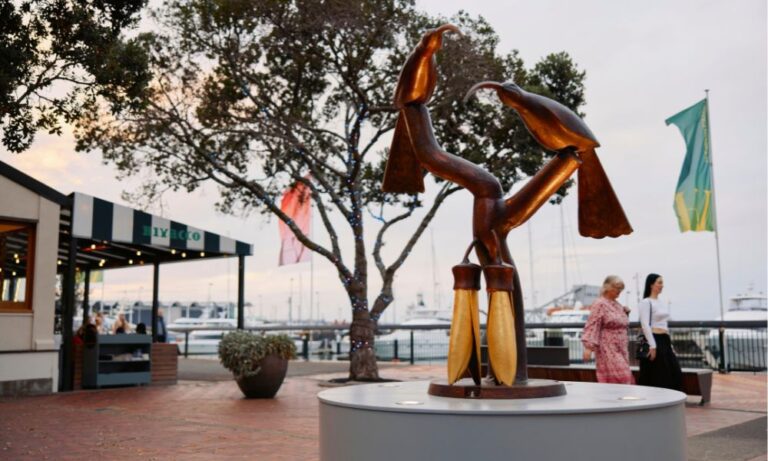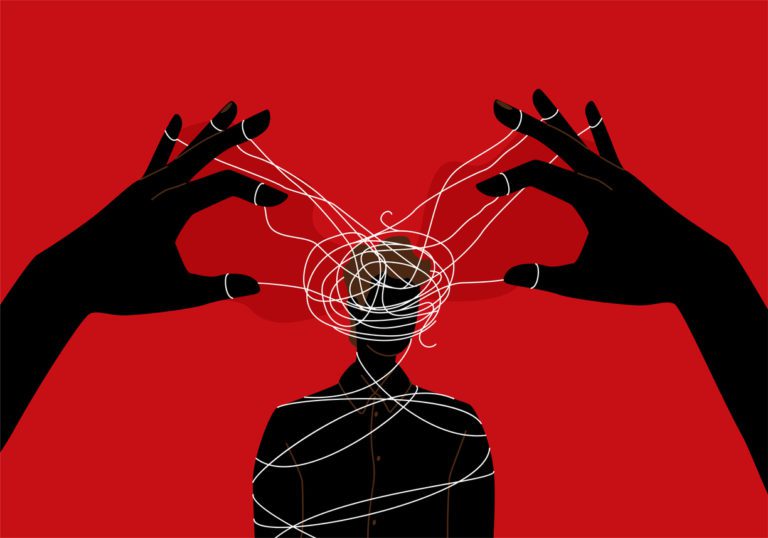Australia has one of the Western world’s lowest adoption rates. In 2013-14 just 317 children were adopted in Australia, a 77 per cent drop from 1988. Of those, 64 per cent were Australian children and the remainder were overseas adoptions. Twenty-eight per cent of the adoptions were by carers, such as foster parents, of the children.
Jane Hunt, the CEO of Adopt Change, the adoption lobby group founded by actor Deborra-Lee Furness (Furness and her husband, actor Hugh Jackman, adopted two children from the United States), says Australia has an anti-adoption attitude for a multitude of complex reasons.
“What’s made it difficult, is a legacy that has really cast a shadow – of the forced adoption era and the Stolen Generation,” she says.
The fear of replicating these practices has resulted in Australia’s low adoption numbers, which ultimately results in, as Hunt says, letting down those who most need adoption – the children.
“What we really need to remember is these are children who cannot be looked after by their biological parents.
“There are currently 50,000 in out-of-home care in Australia; kids who are exposed to multiple foster homes,” she says.
For Hunt, Adopt Change’s campaigning is about highlighting the positive impact that adoption has on children who wouldn’t otherwise have a permanent home.
“What we’re advocating is open, ethical adoption with the child at the centre. Children do best in loving permanent families; they get to have healthy relationships, and this has an incredibly positive impact on their development and education,” she says.
The other important factor driving Australia’s resistance to adoption is its unwieldy and fragmented adoption laws. As Hunt points out, at the moment each state of Australia has different rules and regulations surrounding adoption, and the process of adopting a child can take years.
In New South Wales, an adoption from out-of-home (children and young people who live out-of-home and cannot live with their families, often because of abuse and neglect) can take up to four years, while adopting from an overseas orphanage can take up to seven years.
Smoothing the way
Prime Minister Tony Abbott has committed to reducing the wait times on international adoptions and has proposed an Intercountry Adoption Support Service that will help Australians navigate the adoption processes in countries with which Australia has agreements. These currently include India, Sri Lanka and Thailand.
The prime minister has also said that streamlining the states’ adoptions laws is on the agenda for the upcoming Council of Australian Government (COAG) meetings.
For Timothy Harcourt, the J.W. Nevile Fellow in Economics at the Australian School of Business at the University of New South Wales, and his wife Jo Bosben, adopting their two children – Yun Shi, 10, from southern China and Jhen Huei, four, from Taiwan – was the most rewarding thing they have ever done.
“[Adopting] is the best thing you can do in the world,” says Harcourt. It took three and a half years for the couple to adopt Yun Shi (at age one). The couple had planned to adopt in China again, however they were told that adopting from Taiwan might take less time. Adopting Jhen Huei ended up taking five years, and he was four when the couple finally took him home.
Harcourt puts the difficulties down to bureaucracy and while he is adamant much of the hoop-jumping must be in place to properly protect children, some of it is unnecessary and clunky.
“There’s lots of paperwork. A lot of the hoops are for protecting children – the police checks and so on are the important stuff. But then there are the 30-page contracts sitting on an official’s desk somewhere, where one mistake – say putting Tom instead of Tim – will mean that you need to start the whole thing from scratch.
“There needs to be more streamlining to make it more efficient, while keeping in the same protections,” says Harcourt.
However, Harcourt believes those annoyances soon dissipate when you take your child home for the first time. “For all the frustrations about paperwork, it’s always worth it,” he says.
Changing attitudes
For prospective parents looking to adopt, Harcourt has this advice: “Treat it [adoption] as a first resort, not a last resort … these are children that don’t have mums and dads for whatever reason,” he says. The other important thing to remember, says Harcourt, is the adoption doesn’t define who your children are – it’s just one part of their full lives.
Talking about these positive aspects of adoption is how Hunt thinks more awareness, and importantly, a cultural shift, will occur.
“I’ve been blown away by the stories that adopted children and adults have. Human beings have an extraordinary capacity for love – beyond blood or biology – we’re hardwired to be that way, particularly with children,” she says.
Looking to the future, Adopt Change is hoping to establish more support for adoptive parents in Australia with a Centre for Excellence for pre- and post-adoptive care – especially for children who have come from a traumatic or difficult background – and the organisation will conduct more research into attitudes around adoption.
Hunt says high-profile adoptive parents, such as Cate Blanchett and her husband Andrew Upton as well as Furness and Hugh Jackman, provide
excellent role models for promoting the positivity of adoption. For the Blanchett/Upton clan, life plus their new addition couldn’t be sweeter.
“There’s a lot of children out there that don’t have the good fortune of our biological children, so it’s lovely to welcome a little girl. We’re besotted,” Blanchett told reporters on the red carpet for the Australian premiere of her new film, Cinderella.
Baby Edith will join the couple’s three other children, Dashiell, 13, Roman, 10, and Ignatius, six.
This year Furness was nominated for Australian of the Year for her relentless campaigning for an overhaul of adoption laws in Australia. “A child in a loving family has a much better chance of succeeding in life. Every child deserves a family,” she told reporters at the time of her nomination.







